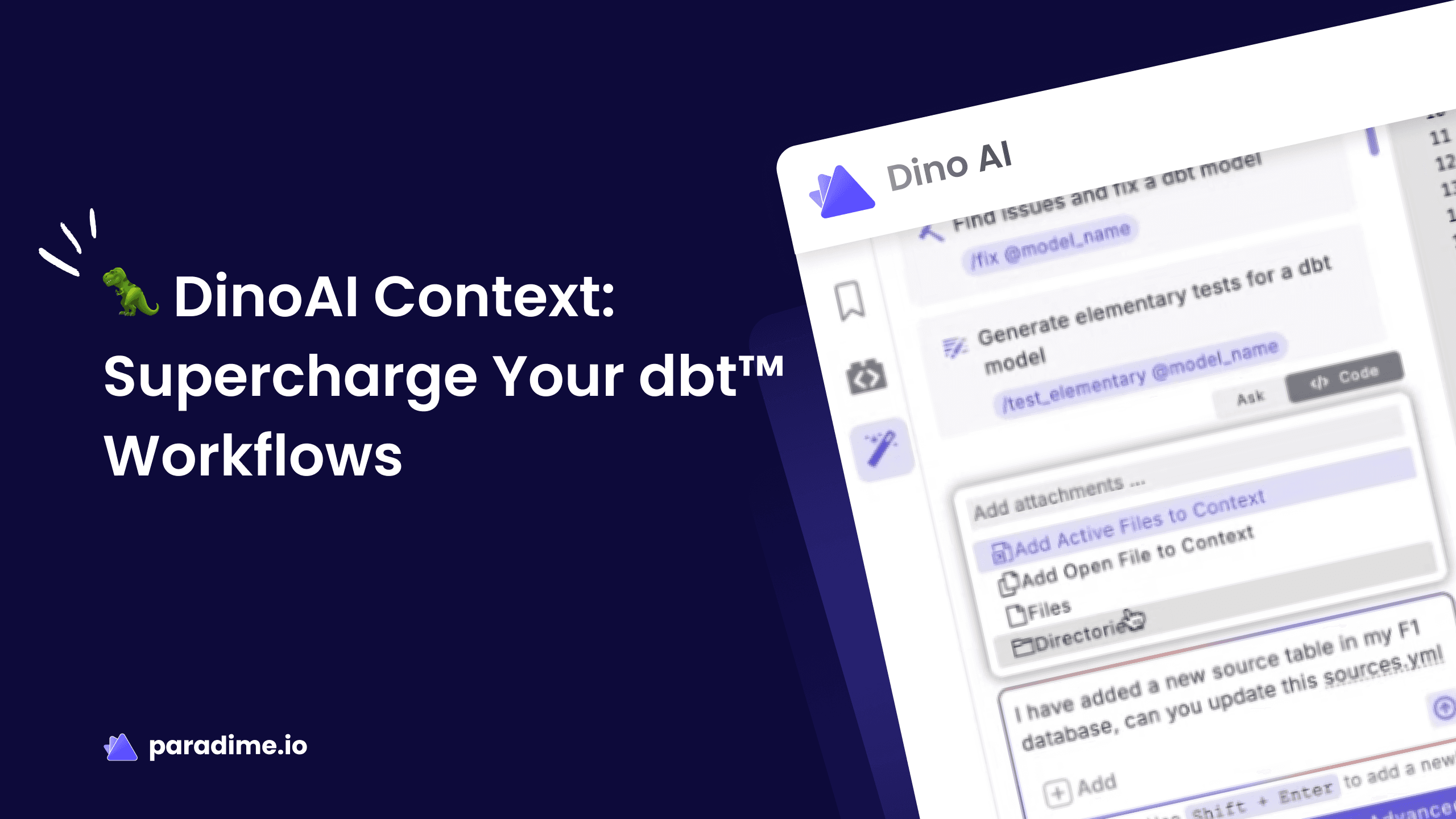Feature drop: Bolt Notifications
Bolt's notification system gets a major upgrade with granular controls including SLAs, MS Teams integration, and system-wide alerts for mission-critical pipelines.

Kaustav Mitra
Jan 21, 2025
·
3
min read
It’s been a while since we announced what we’ve been shipping. The truth is since October last year, we have been shipping a ton of features in private beta evaluating and fine-tuning many experiments and now the time has come for us to announce general availability.
What's New in Bolt?
We have completely over-hauled the Bolt notification system with more granular and powerful controls so that teams stay informed about critical system events, data quality issues, and important alerts.
By providing timely notifications through multiple channels, teams can quickly respond to issues, maintain system reliability, and ensure data quality.

1. Bolt Schedule Notifications
When you create a Bolt schedule, you can now choose from three triggers to keep updated on schedule activity:
Success: Alerts you when a Bolt Schedule completes successfully. Useful for confirming jobs are running as expected, tracking deployments, or monitoring scheduled runs.
Failure: Notifies you of job failures, keeping you informed of pipeline issues, triggering incident responses, or monitoring data quality.
SLA (Service Level Agreement): Sends a notification if a job exceeds a specified runtime threshold (e.g., 30 minutes), which helps track performance issues, monitor long-running jobs, and ensure timely data processing.

Paradime offers three notification options, allowing you to choose destinations based on your team’s communication preferences: Email, Slack, and Microsoft Teams.
Additionally, every channel can now be enabled to receive notifications upon success, failure, or SLA misses.
2. Bolt System Alerts
Paradime Bolt now powers mission critical data pipelines for startups to FTSE100 companies. To meet the growing needs of our users, we have now introduced Bolt System Alerts.
Bolt System Alerts are notifications that keep you informed about system-level issues in relation to Bolt Pipelines.
These configuration are set at a workspace level instead of at a Bolt Scheduler level. These includes:
Bolt Parse Errors: Notifications when there are parsing errors in your Bolt configurations
OOM (Out of Memory) Runs: Alerts when Bolt runs encounter memory limitations
Git Clone Failures: Notifications when Git repository cloning operations fail
24-hour Run Timeouts: Alerts when Bolt runs exceed the maximum runtime of 24 hours

In a Paradime Workspace, users can only configure ONE messaging channel (either Slack OR MS Teams) and they can choose the channels where these alerts will be sent.
Email notifications are workspace-wide settings affecting all administrators i.e. when a system alert is triggered, all admins of a workspace will be notified.
3. Microsoft Teams
Lastly, our Microsoft Teams integration also reached GA. Paradime now offers comprehensive support for Microsoft Teams compared to dbt Cloud. Users can set up webhooks and channels for any channel in MS Teams and then directly alerts to those channels.

Setting up MS Teams is easy - users need to export the incoming webhook of each channel they want to connect, add them to Paradime, give each webhook a name and that’s it. In a few steps, MS users will now have comprehensive notification. More help on the setup can be found here.
The Bottom Line: Even shorter MTTR
Businesses running mission critical data pipelines need advanced alerting to stay on top of their data pipeline and fix things quickly when something goes wrong. The new Bolt notification system helps users do just that. System alerts expose vital issues with the Bolt platform facing all users in a workspace. Schedule alerts are triggered when runs pass, fail, or miss their SLA.
Wrapping Up
With this release, we are kicking of a Bolt launch week with this amazing release that is already helping Paradime customers to tackle, triage, and fix Bolt errors quickly reducing their MTTR even further.
There is a lot more coming over the next few days that’s going to transform the way analysts run data pipelines.












